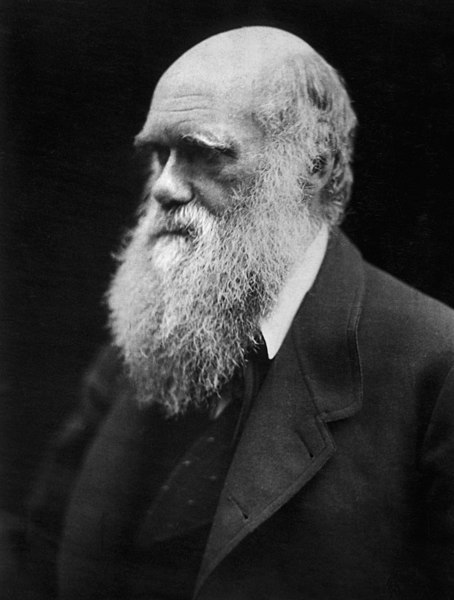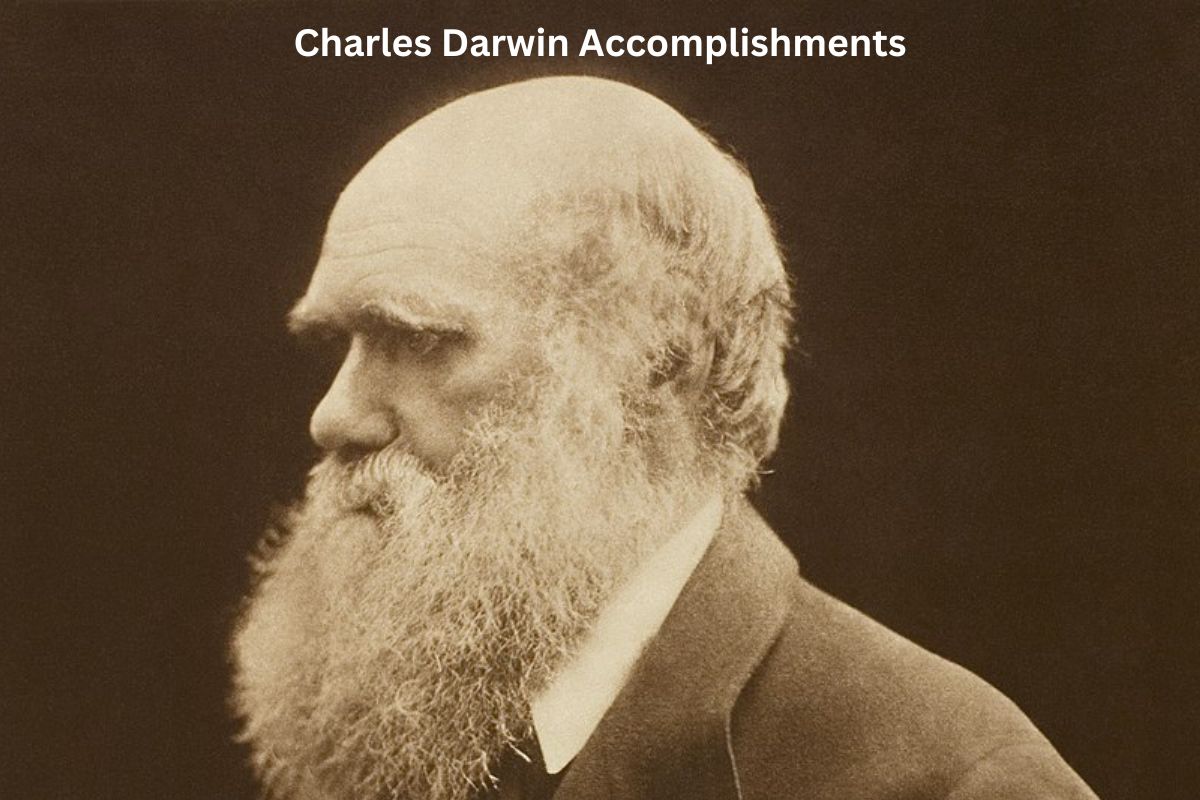Charles Darwin (1809-1882) was an English naturalist whose groundbreaking work revolutionized our understanding of life on Earth.
His most notable accomplishment was formulating the theory of evolution, which proposed that all species have descended from common ancestors through a process of gradual change over long periods of time.
In his influential book “On the Origin of Species” (1859), Darwin presented evidence for evolution and introduced the concept of natural selection, whereby advantageous traits are more likely to be passed on to future generations.
Darwin’s extensive research, including his exploration during the Voyage of the Beagle and his study of fossils and plants, provided crucial support for his theories.
His work not only transformed the fields of biology and paleontology but also had profound implications for science, philosophy, and society. Darwin’s legacy continues to shape our understanding of the natural world and our place within it.
Accomplishments of Charles Darwin
1. Formulated the theory of evolution
Charles Darwin’s most significant accomplishment was formulating the theory of evolution. He proposed that all species of organisms have descended from common ancestors and that the diversity of life on Earth is a result of gradual changes over long periods of time.
Also Read: Facts About Charles Darwin
Darwin’s theory challenged the prevailing belief in special creation and provided a naturalistic explanation for the origins and development of life.

2. Published “On the Origin of Species”
In 1859, Darwin published his groundbreaking work, “On the Origin of Species.” The book presented a compelling case for evolution through natural selection, drawing upon extensive research, observations, and evidence.
Also Read: Timeline of Charles Darwin
Darwin explained how favorable variations in individuals of a species give them a survival advantage, allowing them to pass on these traits to future generations. The book revolutionized scientific thinking and laid the foundation for modern biology.
3. Introduced the concept of natural selection
One of Darwin’s most significant contributions was introducing the concept of natural selection. He proposed that in the struggle for survival, individuals with advantageous traits are more likely to survive and reproduce, passing on those traits to their offspring.
Over time, this process leads to the accumulation of beneficial traits in a population, driving adaptation and the evolution of species.
Natural selection became the key mechanism in Darwin’s theory of evolution, explaining how species gradually change and diversify over generations.
4. Collected and analyzed fossils to support his theory
Throughout his life, Darwin collected a vast array of fossils from various locations. He meticulously studied these fossils and compared them to living organisms, noting similarities and differences.
Darwin recognized that the fossil record provided crucial evidence for evolution, as it revealed a progression of life forms over time. Fossils of extinct species further supported the idea that species change and become extinct, providing valuable insights into the history of life on Earth.
5. Conducted the influential Voyage of the Beagle
From 1831 to 1836, Darwin embarked on a scientific expedition aboard HMS Beagle. The voyage took him to numerous locations, including the Galápagos Islands, South America, and Australia.
During the voyage, Darwin made extensive observations of geological formations, plants, animals, and indigenous peoples.
These observations, particularly those made on the Galápagos Islands, where he noticed variations among finches and tortoises, played a pivotal role in shaping his ideas about evolution and natural selection.
The wealth of data and specimens collected during the voyage provided a foundation for his later work.
6. Proposed the idea of “descent with modification”
In his theory of evolution, Darwin proposed the concept of “descent with modification.” He argued that all organisms share a common ancestry and that species change over generations through gradual modification.
According to Darwin, species diversify as they adapt to different environments and face varying selection pressures. Over time, this results in the emergence of new species, with each species descending from ancestral forms through a process of modification.
The idea of “descent with modification” emphasized the interconnectedness of all life forms and provided a framework for understanding the unity and diversity of species on Earth.
7. Explored the concept of sexual selection
In addition to natural selection, Darwin also explored the concept of sexual selection. He observed that certain traits in organisms, such as elaborate plumage in male birds or extravagant displays, seemed to serve no direct survival advantage but played a significant role in mate choice.
Darwin proposed that these traits evolved through sexual selection, as individuals with such traits were more successful in attracting mates and reproducing.
This idea expanded our understanding of evolution beyond purely survival-based selection and highlighted the importance of mate choice and sexual competition in shaping species’ characteristics.
8. Authored “The Expression of Emotions in Animals and Humans”
In 1872, Darwin published “The Expression of Emotions in Animals and Humans,” a book in which he explored emotional expressions across species.
He argued that many emotional expressions have evolutionary origins and serve adaptive functions in social communication.
Through extensive observations of humans and various animals, Darwin identified similarities in facial expressions, body language, and vocalizations, suggesting a common evolutionary heritage for emotional expressions.
He work laid the groundwork for the field of comparative psychology and contributed to our understanding of the universality and evolutionary significance of emotions.
9. Made significant contributions to the field of botany
Although Darwin is most famous for his work in evolutionary biology, he also made substantial contributions to the field of botany. He conducted detailed studies on plant adaptations, including the mechanisms of pollination, seed dispersal, and the role of flowers.
Darwin’s research on plant reproductive strategies helped elucidate the co-evolution between plants and their pollinators, and he provided valuable insights into the diversity and complexity of the plant kingdom.
His botanical studies provided further evidence for evolutionary processes and broadened our understanding of the natural world.
10. Had a profound impact on science and society
Charles Darwin’s work had an enduring and profound impact on both the scientific community and society as a whole. His theory of evolution revolutionized biology and paleontology, challenging traditional religious beliefs about the origin and development of life.
Darwin’s ideas sparked intense debates and discussions, shaping scientific thinking and influencing fields beyond biology, such as genetics, anthropology, and ecology.
Moreover, his work had profound societal implications, as it challenged established worldviews, encouraged critical thinking, and raised questions about humanity’s place in the natural world. Darwin’s legacy continues to inspire scientific exploration and remains a cornerstone of modern biological understanding.
